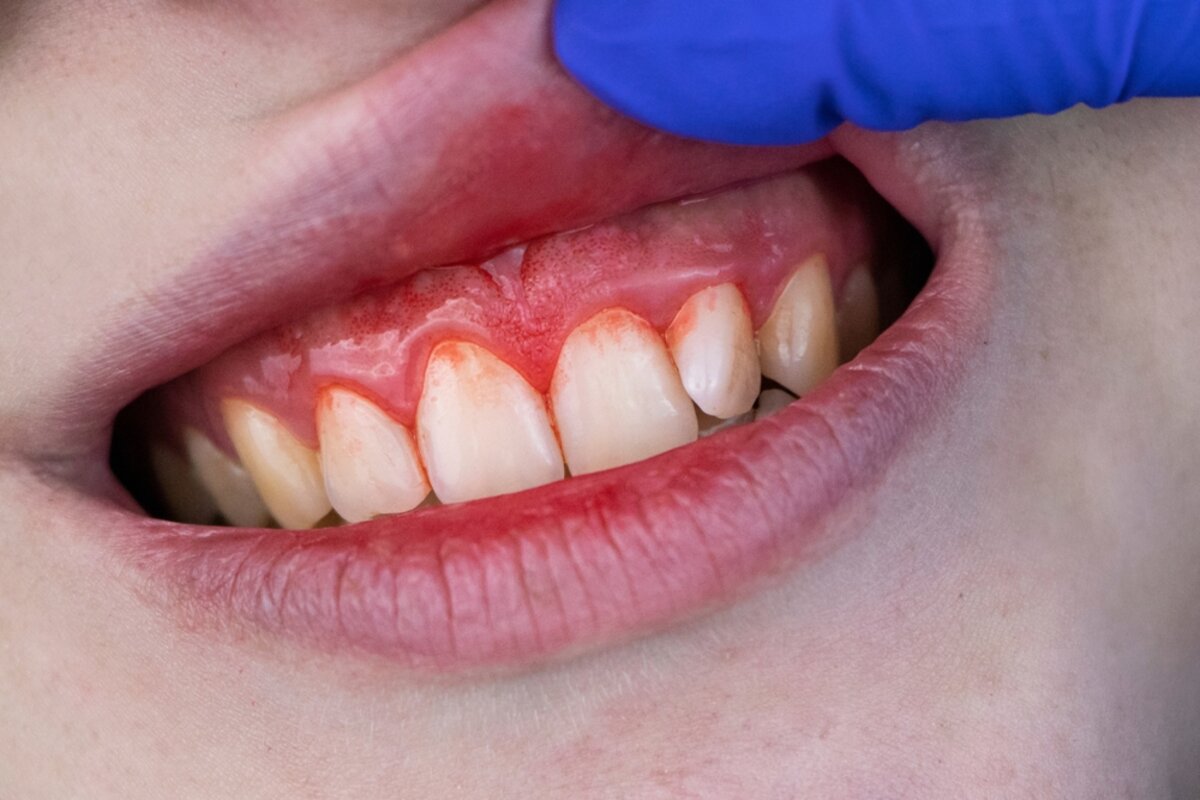Periodontitis is a serious condition that affects millions of people worldwide, leading to gum damage and, in severe cases, tooth loss. While it might sound alarming, the good news is that with timely and proper treatment, it is possible to manage the condition and prevent further harm. But the question on many people’s minds is: Can teeth actually recover from periodontitis?
Understanding Periodontitis: What Happens to Your Teeth?
Periodontitis is a progressive form of gum disease that starts with inflammation, known as gingivitis. If left untreated, it worsens over time, leading to the destruction of soft tissue and bone that supports the teeth. The infection can create pockets between the gums and teeth, allowing bacteria to build up and further erode the foundation of your teeth.
Symptoms of Periodontitis
- Swollen, red gums
- Bleeding while brushing or flossing
- Bad breath that doesn’t go away
- Loose or shifting teeth
- Receding gums
Once periodontitis reaches an advanced stage, the effects can be severe. The bone supporting your teeth can deteriorate, potentially leading to tooth loss if not properly addressed. This brings us to the critical question:
Can Teeth Truly Recover After the Damage of Periodontitis?
The answer largely depends on the severity of the disease and how early it’s caught. Early intervention plays a critical role in halting the damage caused by periodontitis. Once the condition has advanced to a certain stage, complete recovery of the teeth may not be possible, but that doesn’t mean all hope is lost. Let’s break down what recovery looks like at different stages.
Early Stages of Periodontitis
In the early stages, when the disease is still primarily affecting the gums, treatment can often reverse the condition. With a combination of professional cleaning and diligent oral care at home, including brushing and flossing, gums can return to a healthy state. However, while the gums may heal, the damage caused to the bone and soft tissues at this point is minimal, meaning the teeth themselves are not affected significantly.
Advanced Periodontitis
When periodontitis progresses into more severe stages, the outlook changes. Once the disease has led to bone and tissue loss, the teeth cannot fully recover. However, this does not mean your oral health is beyond saving. Treatment options, such as deep cleaning (scaling and root planing), can remove bacteria and plaque buildup, halting the disease’s progression and preventing further damage.
In more advanced cases, periodontal surgery or regenerative procedures may be necessary to restore some of the lost bone and tissue. These treatments can stabilize the teeth, but full recovery of the original structures supporting the teeth may not be possible.
Treatment Options for Periodontitis
Treating periodontitis involves more than just brushing and flossing regularly. Your dentist will recommend a series of steps based on how far the disease has progressed.
Scaling and Root Planing
This is one of the most common treatments for periodontitis. Scaling removes tartar and bacteria from the surfaces of your teeth and below the gumline, while root planing smooths the root surfaces, making it harder for bacteria to attach. This method can help the gums reattach to the teeth, minimizing the progression of the disease.
Antibiotic Therapy
In cases where infection is a major concern, antibiotics may be prescribed to control bacterial growth. These can come in the form of topical gels applied to the gums or oral medications to treat the infection systemically.
Periodontal Surgery
For severe periodontitis, surgery may be required. This can include flap surgery, where the gums are lifted to remove tartar from deeper pockets, or bone grafting, where new bone material is used to replace what has been lost due to the disease. While these methods are not a complete fix, they can help stabilize the teeth and slow further damage.
Preventing Further Damage
While full recovery from advanced periodontitis may not always be achievable, you can certainly take steps to prevent the condition from worsening. Diligent oral care, regular dental check-ups, and professional cleanings are essential. Additionally, maintaining a healthy lifestyle, such as eating a balanced diet and avoiding smoking, can also support your efforts to control periodontitis.
Can You Stop Periodontitis from Coming Back?
Yes, with consistent care and professional guidance, you can manage periodontitis and prevent it from recurring. After initial treatment, following up with your dentist regularly is key. They will monitor your progress and recommend preventive measures to ensure the condition does not return.
Conclusion
While teeth may not fully recover from the damage caused by advanced periodontitis, early intervention and proper treatment can go a long way in saving your teeth and preventing further harm. By being proactive about your oral health and seeking professional help at the first sign of gum disease, you can manage periodontitis effectively and keep your teeth healthy for years to come. Contact Indian Trail Dental Studio today to discuss treatment options and protect your teeth from the dangers of periodontitis.


